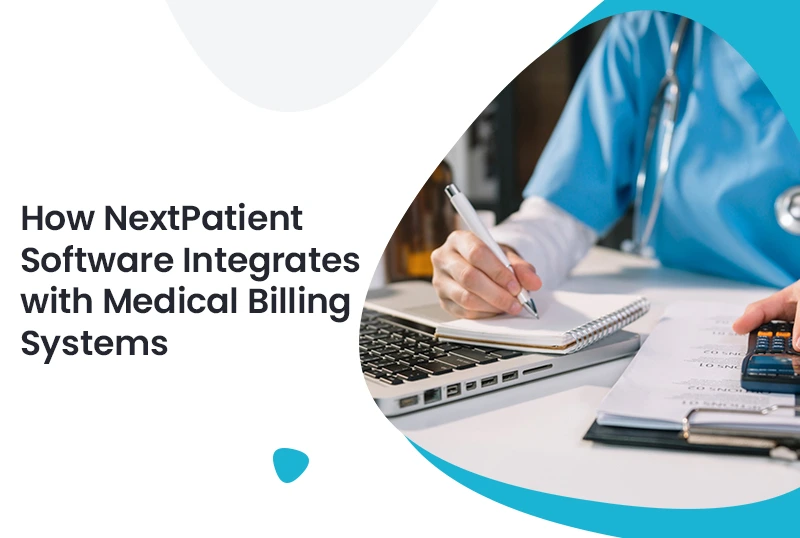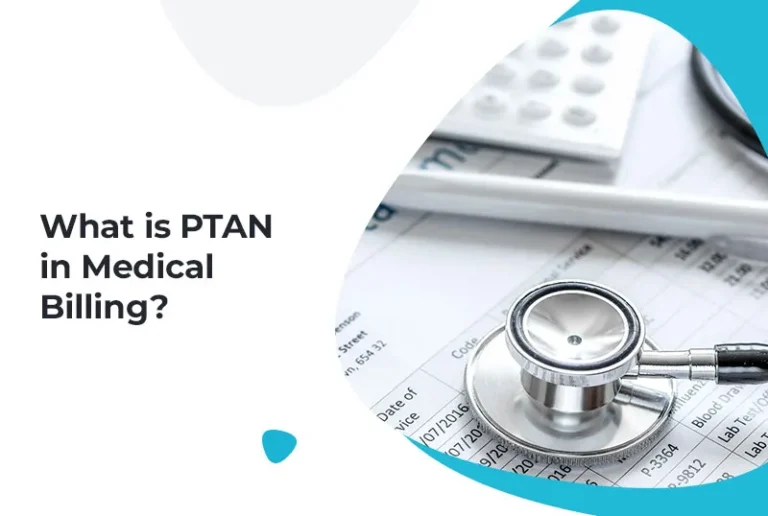The healthcare industry demands precise coordination between patient engagement and administrative processes. One of the most critical areas where this coordination impacts financial health is the integration of patient scheduling with medical billing systems. NextPatient software offers an innovative solution that connects these two essential functions seamlessly, driving improved accuracy, efficiency, and revenue optimization for healthcare providers.
By bridging patient scheduling and billing, NextPatient eliminates redundant tasks, reduces human errors, and expedites the entire revenue cycle. When combined with comprehensive medical credentialing services, this integration ensures providers’ credentials are current and accurate, preventing costly claim denials due to outdated or invalid information.
The Challenge: Disconnected Scheduling and Billing Systems
Many healthcare practices use separate platforms for managing patient appointments and handling billing and claims. This siloed approach creates multiple problems:
- Manual data entry between systems increases the risk of errors.
- Patient demographic discrepancies cause claim denials or delays.
- Credentialing errors lead to rejected claims and lost revenue.
- Billing teams spend excessive time verifying information instead of focusing on revenue generation.
These issues slow down RCM and strain staff productivity. NextPatient’s integration solution addresses these challenges by creating a unified flow of data from patient scheduling directly to billing systems.
How NextPatient Automates Patient Data Flow to Billing
One of the key strengths of NextPatient lies in its ability to synchronize patient data across platforms instantly. Whenever patients book, reschedule, or cancel appointments, their details automatically update in the billing system, ensuring that all departments work with consistent and up-to-date information.
What data syncs automatically?
- Patient demographics (name, contact, address)
- Insurance details and eligibility verification
- Appointment times and provider information
- CPT codes and diagnosis codes linked to visits
This automation removes the burden of manual data entry, reducing errors such as incorrect insurance data or mismatched patient details that frequently cause claim rejections.
Benefits of Automated Patient Data Integration:
- Improved billing accuracy: Consistent patient information reduces denials.
- Faster claims submission: Real-time updates accelerate claim creation.
- Enhanced patient experience: Accurate billing information supports timely insurance processing and fewer surprises for patients.
Want more information? Read here: Outpatient vs Inpatient: What’s the Difference and Why It Matter
NextPatient and Medical Credentialing Services: A Perfect Partnership
Provider credential accuracy is vital for medical billing compliance. Outdated or missing credentials often lead to rejected claims, delayed payments, and compliance risks. NextPatient integrates seamlessly with medical credentialing services to automate the updating of provider credentials within billing workflows.
Key features of this integration include:
- Continuous syncing of provider license status and certifications
- Verification against insurance payer requirements
- Automatic updates of credential data before claims submission
- Tools for credential expiration alerts and audit preparation
By embedding credential verification into billing processes, NextPatient minimizes the risk of claim denials related to credentialing errors, enabling healthcare providers to maintain a clean and compliant billing environment.
Supporting Accurate Billing through Integration
Proper coding is essential to successful medical billing, but it can be complex due to frequent changes in CPT, ICD-10, and HCPCS codes. NextPatient supports coding accuracy by connecting patient appointment data with coding systems.
How does this integration help coders?
- Automated coding suggestions: Based on the documented procedures, NextPatient recommends appropriate codes.
- Access to detailed clinical documentation: Coders can quickly review encounter notes linked to appointments.
- Updates for coding changes: The system incorporates regulatory updates to maintain compliance.
Impact on billing quality and speed:
- Reduces undercoding or overcoding errors
- Decreases claim denials and audits
- Accelerates the coding and billing process, improving cash flow
Integrating coding with scheduling and billing workflows allows healthcare organizations to maximize reimbursement while maintaining compliance.
Enhancing Revenue Cycle Management Efficiency
NextPatient’s comprehensive integration directly boosts RCM by automating key processes that traditionally cause delays.
Revenue cycle benefits include:
- Streamlined prior authorizations: Automated eligibility checks and authorization requests reduce administrative delays.
- Faster claims processing: Real-time updates enable billing staff to submit clean claims promptly.
- Improved payment posting: Integration supports immediate posting of payments and denial tracking.
- Enhanced reporting: Practices gain access to detailed financial dashboards tracking revenue, denials, and payer performance.
Results for healthcare providers:
- Reduced administrative burden and operational costs
- Improved cash flow and faster revenue realization
- Increased transparency into financial health and performance
By closing gaps between clinical scheduling and financial systems, NextPatient helps healthcare organizations optimize revenue while focusing on patient care.
Security and Compliance: Protecting Patient Data
Handling healthcare data requires strict adherence to privacy laws such as HIPAA. NextPatient ensures secure integration with billing systems through:
- End-to-end encryption for data transfers
- Role-based user access controls to limit sensitive information exposure
- Detailed audit logs for tracking data access and changes
- Compliance with industry standards and regulations
Healthcare providers can confidently use NextPatient integrations knowing their patient and billing data remain secure and compliant with regulatory requirements.
Scalability and Customization for All Practice Sizes
NextPatient’s flexible integration framework serves practices ranging from small clinics to large hospital networks. It supports multiple system architectures:
- Cloud-based and on-premise billing platforms
- API-based real-time data exchange and HL7 messaging
- Specialty-specific configurations and payer setups
Customizable workflows allow practices to tailor the integration to their unique operational needs, ensuring seamless functionality as their business evolves.
Summary
Integrating NextPatient with medical billing systems creates a unified platform that streamlines patient data flow, enhances credential accuracy, and supports precise medical billing coding. This connection accelerates the revenue cycle by reducing errors, improving claim submission speed, and optimizing cash flow.
Healthcare providers benefit from:
- Reduced claim denials and administrative costs
- Faster reimbursements and improved financial stability
- Secure, compliant handling of sensitive data
- A scalable, customizable platform that grows with their practice
NextPatient integration is a strategic investment that enhances operational efficiency and financial health.
(FAQs) Frequently Asked Questions
Q1: What is NextPatient software?
NextPatient is a patient engagement and scheduling platform that integrates seamlessly with medical billing systems to streamline administrative workflows.
Q2: How does NextPatient improve medical billing accuracy?
By automating patient data synchronization, linking with credentialing services, and supporting coding accuracy, NextPatient reduces billing errors.
Q3: Is NextPatient compatible with all medical billing systems?
Yes, NextPatient supports multiple integration methods such as APIs and HL7, ensuring broad compatibility.
Q4: How does NextPatient enhance Revenue Cycle Management?
NextPatient automates workflows from scheduling through billing, speeding claim submissions, payment posting, and denial management.
Q5: Is NextPatient compliant with healthcare privacy laws?
NextPatient adheres to HIPAA standards by encrypting data transfers, controlling user access, and maintaining audit trails.







